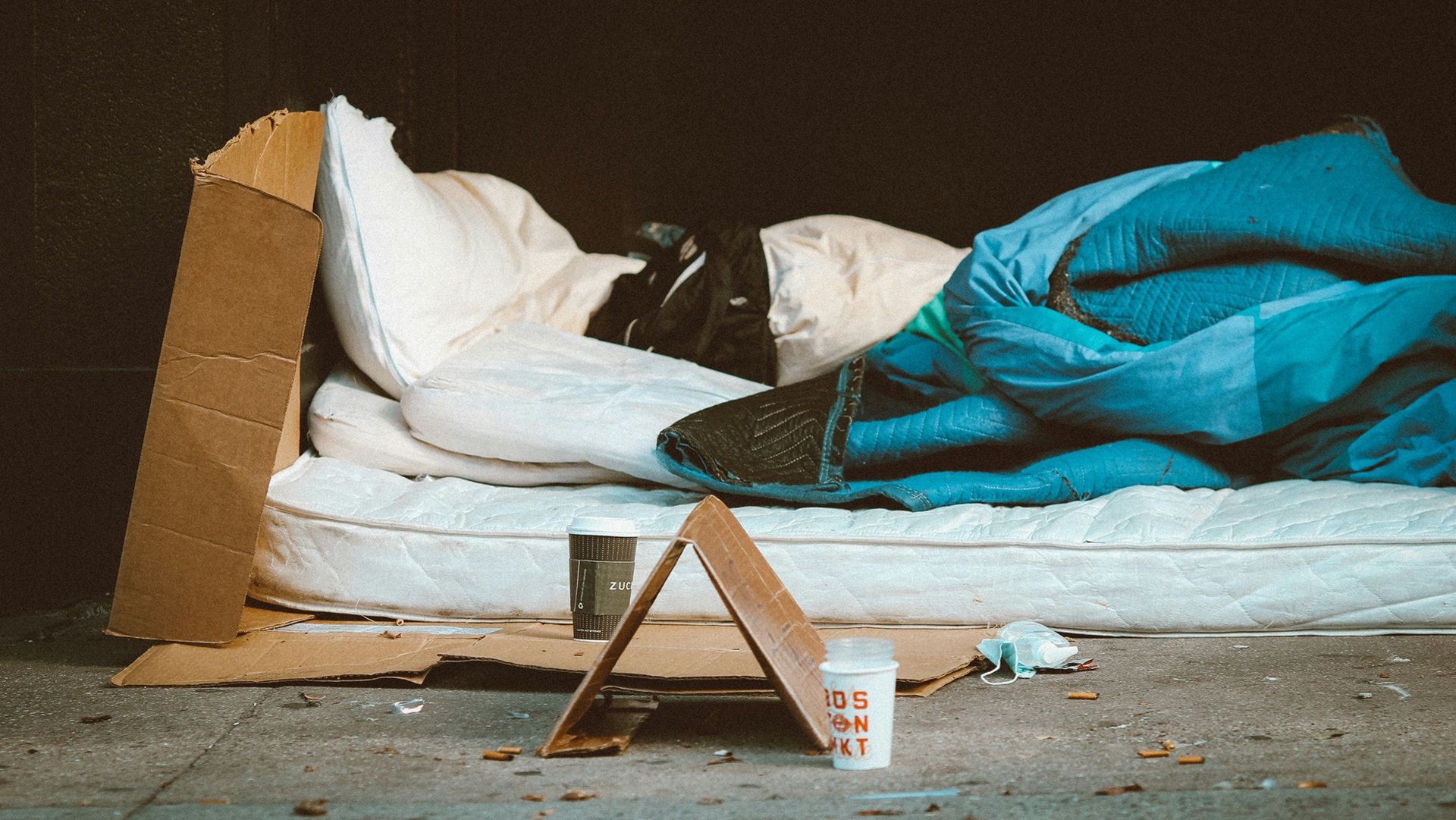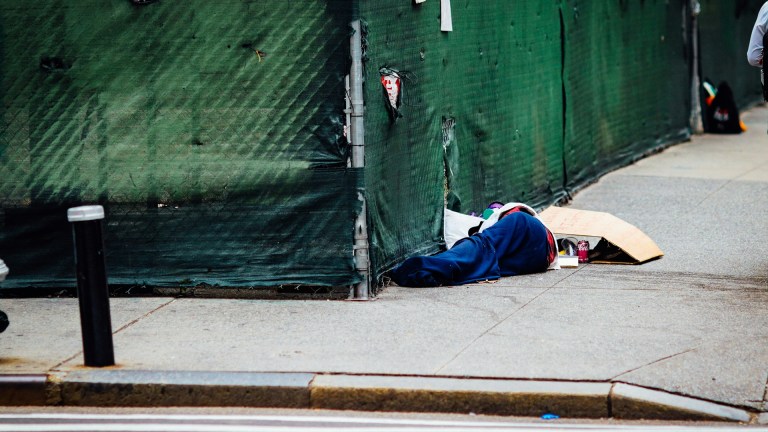“We’ve always been clear that there is no need for replacement powers for the Vagrancy Act, so it’s deeply disappointing to see that the government has pressed ahead and introduced new, punitive measures. Hidden among the detail are powers to move people on who are sleeping rough, and criminalise them if they don’t comply.
“While we’re relieved to see that the worst of the proposals to criminalise the use of tents have not been included, we know that fining or moving people on who have nowhere to go does not solve homelessness.”
It’s more than two and a half years since the government first said it would repeal the Vagrancy Act, which will turn 200 next year and was first brought in to tackle soldiers on the streets following the Napoleonic Wars.
The Police, Crime, Sentencing and Courts Act laid the groundwork for the Vagrancy Act to be repealed last year but it remains in force in England and Wales with ministers vowing to replace it with new powers despite opposition from homelessness charities.
The Criminal Justice Bill will strengthen the abilities for police or local authorities to move rough sleepers out of the area if they are deemed to be a “nuisance”.
People on the streets can be issued with a nuisance rough sleeping prevention order that can move them out of an area for up to five years.
People experiencing street homelessness also face action if they show an intention to be a “health, safety or security risk” or damage a place, property or environment, including littering, excessive noise, deposits of waste or “smells”.
Your support changes lives. Find out how you can help us help more people by signing up for a subscription
Disruption to water, energy or fuel supplies or using threatening, intimidating, abusive or insulting words or writing an offensive sign could also see a crackdown.
Dr Vicky Heap, a reader in criminology at Sheffield Hallam University, has previously carried out research into the use of public space protection orders (PSPOs) and found that anti-social behaviour measures disproportionately impact people living on the street.
The expert told the Big Issue enforcement agencies already have enough powers through PSPOs, community protection notices (CPN) and dispersal orders through the Anti-Social Behaviour, Crime & Policing Act to police rough sleeping.
We’re calling on the Prime Minister to make sure everyone can afford to stay in their homes and pay for the essentials. Will you join us and sign the petition?
Dr Heap said the new powers remove the need to show persistent behaviour before rough sleepers face action which CPNs require and are “very enforcement heavy”.
“What the new powers seem to do is to give a much more specific focus on begging and rough sleeping,” said Dr Heap. “It looks like it gives practitioners options to take swift action.
“It takes extra preventative steps as a person doesn’t actually have to be rough sleeping, the person issuing the direction or the prevention notice just has to suspect that they intend to sleep rough. I think that’s where it extends previous powers because it can allow that much quicker intervention and action.”
Dr Heap said her previous research showed that using policing powers did little to solve homelessness and agreed that the Vagrancy Act should not be replaced.
“Our participants who were people experiencing street homelessness said they felt constantly policed, they were constantly moved on throughout the day and the night,” she said. “So we know that that’s something that happens already, this just adds another layer of enforcement and fuels that type of policing.
“We had examples where people’s tents were taken away with all their belongings in as well and they were just left with nothing. It was really distressing for those individuals so I think adding these extra powers into play has the potential to cause additional harm and suffering to a group that we already know is vulnerable.”
Get the latest news and insight into how the Big Issue magazine is made by signing up for the Inside Big Issue newsletter
The spotlight has been on the treatment of rough sleepers in recent days.
Former home secretary Suella Braverman’s failed plan to crackdown on charities’ use of tents to support rough sleepers caused uproar as did her claim that street homelessness is a “lifestyle choice”.
There was further anger last week when footage of rough sleepers’ tents being destroyed in Camden last week went viral.
The incident, which followed a dispersal order, saw one person arrested for refusing to leave the area. Camden Council apologised for the incident after admitting “operational involvement”. Councillor Adam Harrison, deputy leader of Camden Council, said: “What happened was unacceptable and doesn’t reflect the values we hold as a council.”
Crisis chief executive Downie said ministers should be focused on tackling the root causes of rough sleeping rather than stepping up policing on the streets. The Conservative government is looking set to fail in its bid to end rough sleeping by 2024.
“The government says it wants police and local authorities to provide support to people rough sleeping, but the only way for this to genuinely work is to provide safe accommodation alongside help,” said Downie.
“We cannot expect people to overcome challenges like mental health or addiction while also facing all the dangers of sleeping on our streets.
“To ensure people aren’t trapped in a cycle of being criminalised for rough sleeping, the government must provide genuinely affordable housing combined with wraparound support services, so people can rebuild their lives. Fining and arresting people will never be the answer.”
Do you have a story to tell or opinions to share about this? We want to hear from you. Get in touch and tell us more.









